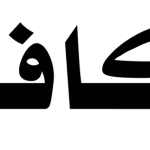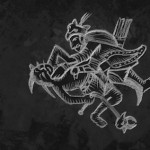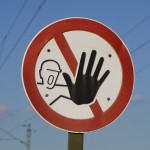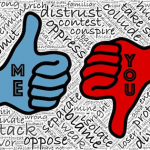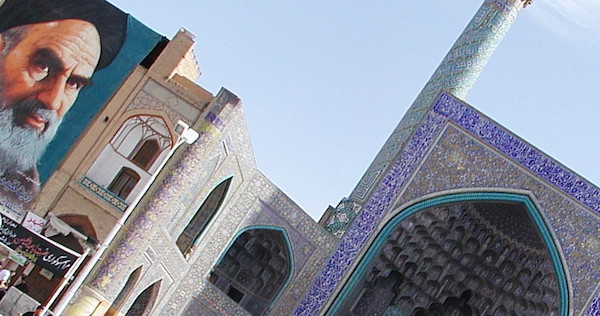
Farouk A. Peru (Muslim): I’m curious about your intellectual history. How did you come to be an anti-theist?
Kaveh Mousavi (Ex-Muslim atheist): My conversion to atheism was short and sudden, but becoming an anti-theist was a long process. I began reading the Quran and some verses in Baqarah surah were very off-putting to me, and then An-Nisa really bugged me, so I stopped being a Muslim. Then I thought about concepts like religion a lot. I became an atheist when I was 14, and I was a full-fledged anti-theist in BA years in university. That was because during those years skeptical thinking was very important for me, and I came to the conclusion that faith is harmful to skeptical thinking. And also about the major world religions, the justifications of progressives and atheists friendly to religion were not convincing to me, and I grew hostile to organized religion more and more.
Farouk: Wow, I’m very impressed at how young you were when you engaged in such deep thought. At 14, I did not even begin to consider such deep questions yet! May I ask you, how did you come to conclude that god did not exist?
Kaveh: I don’t know if this makes sense to you or not, but when I was a Muslim, my Islamic identity mattered much more to me than God did, so when I stopped believing in Islam, the idea of a deistic God or converting to another religion were not very appealing to me. I read Bertrand Russell’s “Why I Am Not a Christian,” and his arguments were enough to convince me there is no God.
Farouk: Oh it makes perfect sense to me. My blog regarding Islam, is called ‘PERSON Al-Islam’ because it hopes to return the cultural experience of Islam to personhood. I believe we have natural dispositions which are lost when we accept religion uncritically. Indeed, this cultural or even tribal identity becomes the primary focus of a Muslim’s religious experience. If you analyse the stories of Muslim converts, they tend to say that their education revolves around Muhammadan history, rituals, Islam’s social realities. Very little of it goes into metaphysical elements. ‘God is one’ is about it.
But you mentioned the idea of a deistic god, god as a watchmaker. Why is this idea untenable to you?
Kaveh: It sounds unnecessary. There’s no proof that a god exists, and the world really doesn’t need a creator, because a creator does not truly answer the question of why the world exists, it simply prolongs the answer (where did the creator come from? If the creator came from nowhere, who’s to say that the world did not come nowhere as well?) I mean, I wouldn’t say such a god is 100% impossible, but I think it’s more reasonable to assume there is no such god.
Also, you are right about our education, in Iran we usually ignored theological arguments for God and our education consisted of the rules of Islam and such.
Farouk: Aha, I understand. This is why I was more attracted to Sufism in my early Islamic experience. Sufism seemed deeper, more into acts of kindness rather than rules and of course, more focus on God. My earlier indifference to Traditional Islam was replaced by a keen interest thanks to Sufism.
Allow me to ask you about the Quran as it is my primary field of interest. You mentioned issues with Al-Baqarah and An-Nisa. Would you care to tell me about it?
Kaveh: My main issue with Al-Baqarah were the verses which basically said God veils some people’s views so that they cannot see God and believe in Him, then they are punished for their disbelief. With An-Nisa it was all those misogynistic lines about women, and also verses asking for the killing of apostates. But I agree — we can discuss these parts of Quran more thoroughly later.
I would also like to point out that politically speaking I’m a reformist. It means that I don’t support a violent revolution in Iran, and I support moderate Muslims who are trying to make our country progress slowly but surely. I say this because I don’t want to imply that I’m an anti-theist because I consider myself an enemy of progressive Muslims. I don’t. I consider them allies and great people who are the honor of humanity. That said, I disagree with their interpretation of the Quran and the role of religion in society, but to me our agreements are more important than disagreements.
Farouk: Aha ok, that’s fair enough, we can leave this subject for later. I do agree that we all — and by that I mean humanity who are dedicated to peace — should band together against the fascists and oppressors of this world.
Image of Shah Mosque in Isfahan via Wikimedia



